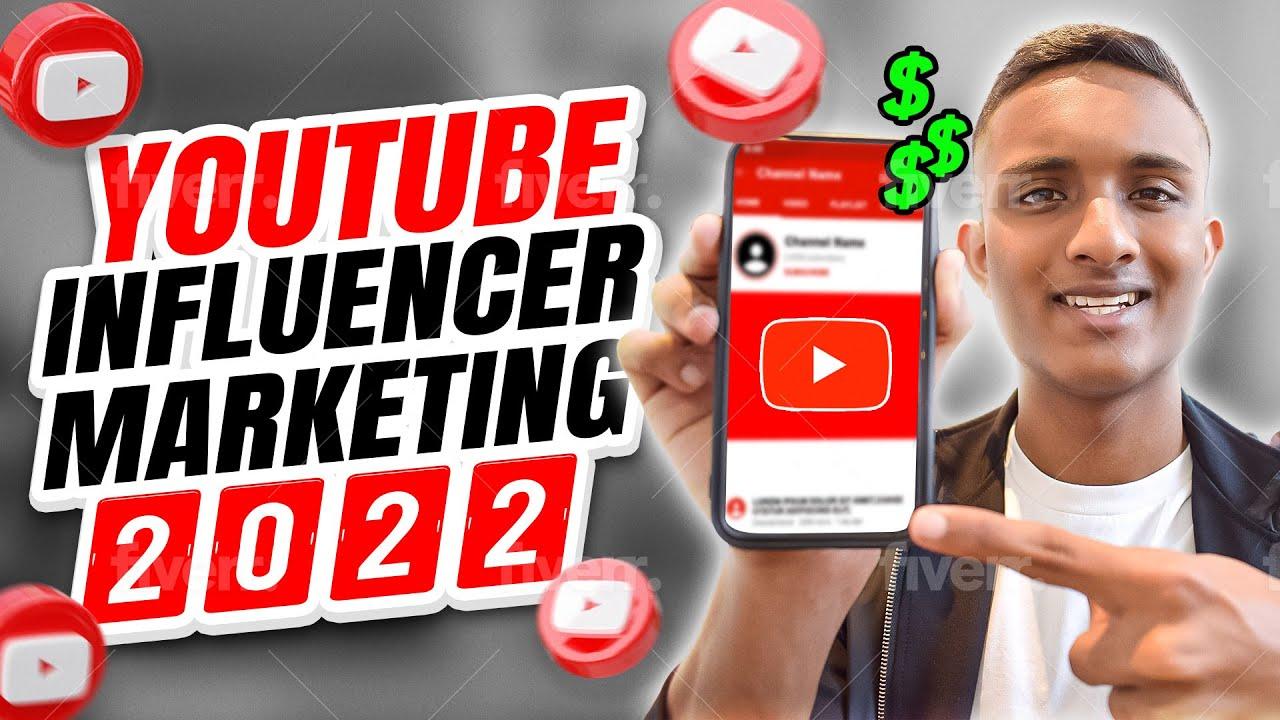
In the ever-evolving landscape of digital marketing, YouTube influencers have emerged as powerful storytellers and brand ambassadors, captivating audiences with their creative flair and authentic connections. As this phenomenon gains momentum, so too does the legal framework that governs it. With millions of content creators engaging in influencer partnerships, navigating the complex web of laws and regulations becomes essential for both influencers and brands alike. From disclosure requirements to intellectual property rights, understanding the intricacies of YouTube influencer marketing is crucial to not only avoid legal pitfalls but also to foster trust with audiences. In this article, we’ll delve into the basic legal considerations that define the realm of YouTube influencer marketing, empowering you to traverse this dynamic terrain with confidence and clarity.
Understanding the Legal Framework of Influencer Marketing on YouTube
when engaging in influencer marketing on YouTube, it’s crucial to understand the complex legal landscape that governs these promotional activities. Influencers and brands must adhere to both federal and state regulations, which are designed to protect consumers and ensure transparency in advertising. The Federal Trade Commission (FTC) plays a vital role in overseeing influencer content, requiring that any endorsements are clearly disclosed to maintain honesty and integrity in advertising. this necessitates that influencers use clear language such as “#ad” or “#sponsored” in their posts,which helps viewers identify promotional content easily. Additionally, various regional laws may impose further requirements, emphasizing the need to stay informed about local regulations.
it’s also essential for influencers to grasp the potential implications of copyright and trademark laws when creating content. Proper licensing and attribution are crucial to mitigating legal risks, particularly when incorporating music, images, or branded products into videos. Key aspects to remember include:
- Fair Use Doctrine: Be aware of how this legal principle applies to your content.
- Copyright infringement: Always seek permission for copyrighted materials.
- Brand partnerships: Understand your obligations under contract law.
Table 1: Key Legal Considerations in Influencer Marketing
| Aspect | Description |
|---|---|
| disclosure | Mandatory for all endorsements. |
| Licensing | Obtain rights for third-party content. |
| Contractual Obligations | Adhere to terms with brands. |

Key Regulations Every Influencer Should Know to Stay Compliant
Understanding the legal landscape is essential for influencers aiming to maintain credibility and avoid penalties. First and foremost, the Federal Trade Commission (FTC) guidelines mandate that influencers disclose any material connections with brands in their posts.This means if you’re being compensated, gifted products, or have any affiliation with a brand, it must be clearly stated. Common ways to disclose include explicit mentions in video descriptions or verbal acknowledgments within your content. Transparency is crucial, as failure to comply with these regulations can lead to severe fines and damage your reputation.
Additionally, it’s vital to be aware of copyright laws when using third-party content.Influencers often share music, images, or videos that aren’t their own, which can inadvertently infringe on someone else’s intellectual property rights. To avoid this, consider the following approaches: 1. Use royalty-free or licensed content; 2. Create original content whenever possible; 3. Attribute sources properly. Keeping these regulations in mind will not only protect you from legal repercussions but also foster a trustworthy relationship with your audience.

Crafting Authentic Campaigns: Balancing Transparency and Engagement
In the evolving landscape of influencer marketing on platforms like YouTube, brands must prioritize authentic connections with their audience. This begins by emphasizing transparency; consumers are increasingly savvy and can detect insincerity. When influencers promote products or services, it’s crucial for them to clearly disclose any partnerships or sponsorships. This not only fosters trust but also encourages engagement as audiences appreciate the honesty. By integrating simple disclosure practices into their content, influencers create a more genuine narrative around the products they endorse.
To maximize both transparency and engagement, brands can adopt several key strategies:
- Inclusive Collaborations: Work with influencers who share similar values and resonate with your target audience.
- Consistent Interaction: Encourage influencers to maintain open dialogues with their audience about their experiences with the product.
- Creative Storytelling: Allow influencers to weave your products into their narrative organically, rather than just presenting them as paid promotions.

Navigating Contracts and Agreements: Essential Tips for Influencers and brands
Understanding and navigating contracts is crucial for both influencers and brands looking to collaborate in the YouTube marketing space. Solid agreements not only define the scope of work and expectations but also protect the parties involved. Here are some essential tips to consider:
- Clarify Deliverables: Clearly outline what content is expected, including formats, deadlines, and any specific calls to action.
- Compensation Structure: Specify how and when payment will be made—whether it’s a flat fee,commission-based,or product exchange.
- Usage Rights: Determine how the content will be used, shared, and edited post-collaboration to avoid future disputes.
- Confidentiality Clauses: Include stipulations regarding sensitive information that should not be disclosed.
Creating a well-defined contract can also help in building a positive relationship between influencers and brands. In crafting these documents, consider using a contract template to ensure no essential elements are overlooked. Below is a simple comparison table summarizing key components to look out for:
| Component | Importance |
|---|---|
| Content Guidelines | Ensures alignment in messaging and brand voice |
| Payment Terms | defines financial expectations and timelines |
| Termination Clauses | Outlines conditions for ending the collaboration |
| Legal Compliance | Ensures adherence to advertising regulations |
Future Outlook
As we conclude our journey through the intricate landscape of YouTube influencer marketing, it becomes clear that navigating the legal terrain is as complex as the content itself. The platform, with its vast array of voices and visions, offers extraordinary opportunities for creators, brands, and consumers alike, but it also demands a thorough understanding of the regulations that govern this dynamic ecosystem.
From disclosure requirements to intellectual property rights, each facet of the law plays a critical role in shaping how influencers interact with their audiences and partners. by staying informed and proactive, both influencers and marketers can foster authentic relationships while minimizing legal risks.
As you step back into the world of digital content creation and collaboration, remember that knowledge is your most potent ally. Embrace the guidelines, respect the boundaries, and continue to push the creative envelope, knowing you are armed with the understanding to navigate this exciting yet complex field. the future of influencer marketing is bright—and with the right insights, you can illuminate the path ahead.